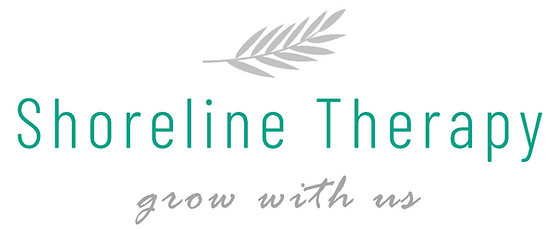
Speech-Language Pathology Services

What is a speech-language pathologist?
Speech-language pathologists (SLPs) are the health and education professionals qualified to evaluate, identify/diagnose, and provide care for people with communication differences, difficulties, and disorders. This includes assessing someone's difficulty with saying sounds and words (including stuttering), verbal expression, voice production, understanding what others say, cognitive-communication skills, interaction/social skills, reading, and writing. At times this includes diagnosis of a specific speech or language delay/disorder. After an assessment, an SLP will provide recommendations. This may include some form of treatment or periodic reassessment to monitor a child's communication development or a client's maintenance of their gains.
To do clinical work in Nova Scotia, SLPs must have a Master's degree in speech-language pathology. Prior to entering a Master's program, they will have completed a Bachelor's degree in a related field (e.g., psychology, linguistics, neuroscience). Some SLPs later go on to earn a Doctoral degree to advance their skills in conducting research.
SLPs must be licensed to practice with the Nova Scotia Regulator of Audiology and Speech-Language Pathology (NSRASLP). Only those licensed with NSRASLP may practice speech-language pathology or provide "speech therapy". Many SLPs also choose to be clinically certified with Speech-Language & Audiology Canada (SAC), the national professional association for SLPs and audiologists.
The College of Audiology and Speech-Language Pathology of Prince Edward Island also allows SLPs licensed and in good standing with NSRASLP to provide virtual care to residents of PEI. Any concerns would be directed to the NSRASLP.
When would a parent want to consult with an SLP?
If a parent is concerned, it's typically with good reason. An initial assessment and consultation can provide assurance that your child is developing as expected, give you access to professional advice specific to your child, or provide information to help you decide if it's time to implement treatment and supports. It is important to note that among health and education professionals, that it is SLPs who are qualified to diagnose communication delays and disorders. This includes instances such as when a young child is exhibiting possible late language emergence ("late talker"), has started to stutter, or is suspected of experiencing delayed or disordered speech sound acquisition. It also includes the identification of children who may have developmental language disorder or whose reading and writing skills aren't as expected based on their experience with literacy instruction. In the case of reading difficulties, although SLPs can identify and treat "reading and writing difficulties", "learning disabilities" (e.g., "dyslexia" - a type of reading deficit that impacts a child's learning) must be evaluated and diagnosed by a psychologist.
For more information about SLP services for children, click here.
When would an adult want to consult with an SLP?
There tends to be a low level of awareness of adult communication disorders among the general population and even many health professionals. This is often because persons with these conditions have disabilities in expressing themselves - thus, with sharing their experience with others. Often, adults with communication disorders are socially isolated. Additionally, communication disability is frequently "invisible". If someone has a problem with mobility and uses a walker or wheelchair, for example, it's easily noticed. If somebody has a communication or other cognitive-communication issue, however, it is not readily noticed unless you interact with the person, and sometimes, not even then. Nevertheless, these communication difficulties (whether mild or severe), can have a substantial impact on a person's quality of life, independence, social life, academics, and employment. SLPs work with adults who have survived a stroke or head injury (including concussion), were born with a condition that affects speech and language (e.g., Down Syndrome), have communication disorders that emerged in childhood and have persisted (e.g., stuttering), or have developed a degenerative condition (e.g., Alzheimer's disease, Parkinson's disease, multiple sclerosis, Huntington's disease). With assessment, an SLP can identify a specific communication disorder (e.g., Broca's aphasia, hypokinetic dysarthria), develop a profile of a person's strengths and areas of difficulty, and offer individualized recommendations. Recommendations may include strategies to optimize communication with an individual, caregiver training/coaching, or direct treatment.
For more information about SLP services for adults, click here.